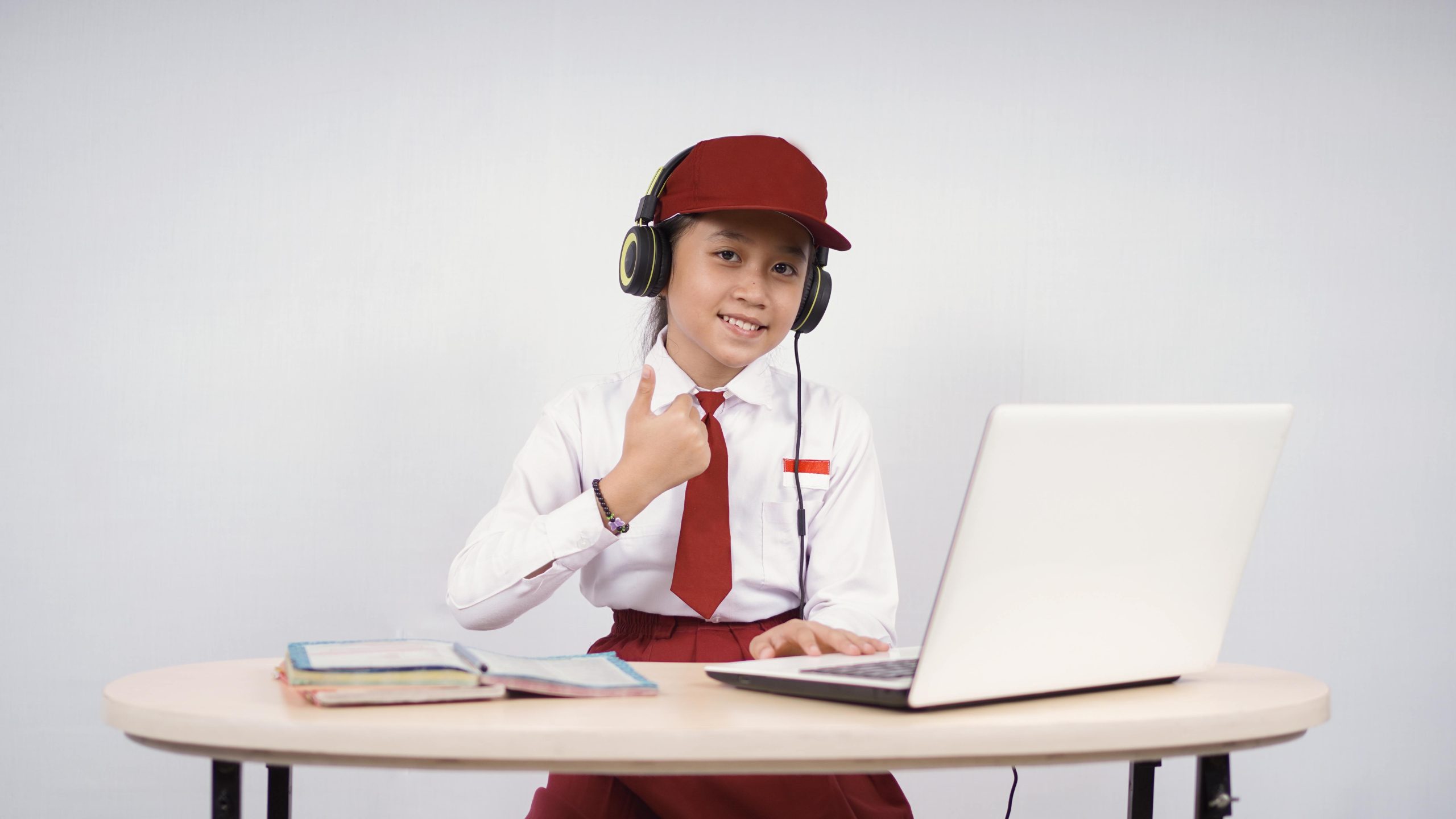
Unveiling the Shifting Tides: Exploring Trends in the Preschool Market
The preschool market is a dynamic industry that continuously evolves to meet the needs and aspirations of young learners. Recent trends have significantly altered the early childhood education landscape, influencing the decisions made by parents and educators alike. This article will delve into current trends within the preschool industry, shedding light on cutting-edge methods and strategies that redefine how young preschoolers develop and learn.
Embracing Technology for Enhanced Learning Experiences
In the digital age, technology has seamlessly integrated into education, and the preschool market is no exception. Educational apps, interactive platforms, and digital learning tools are being utilized to engage preschoolers in immersive and stimulating learning experiences. Through interactive games, multimedia content, and virtual simulations, technology fosters creativity, critical thinking, and problem-solving skills among preschoolers. Augmented reality (AR) and virtual reality (VR) are particularly powerful tools, transporting preschoolers to new worlds and making learning captivating.
Nurturing Social and Emotional Development
Recognizing the critical importance of social and emotional development in early childhood, the preschool market emphasizes creating nurturing environments that support healthy emotional growth. A safe and encouraging environment is crucial for developing empathy, self-control, and social skills in preschoolers. To aid toddlers in developing emotional fortitude and self-awareness, educators incorporate mindfulness techniques into daily routines, such as breathing exercises and meditation. Collaborative activities like group projects and role-playing encourage teamwork and empathy, fostering strong social bonds.
Emphasizing Nature-Based Learning
Amidst an era dominated by screens, there’s a growing acknowledgment of the benefits of reconnecting preschoolers with nature. Nature-based learning, gaining traction in the preschool market, offers cognitive, emotional, and physical advantages. Preschools create outdoor learning spaces and integrate nature walks, gardening, and exploration activities into their curriculum. Exposure to nature improves cognitive abilities, creative thinking, and overall wellbeing in preschoolers, making nature-based learning an integral part of many preschools’ pedagogical philosophies.
Individualized Learning Paths
Understanding that each preschooler possesses unique strengths, interests, and learning styles, the preschool market is shifting towards individualized learning paths. Educators employ personalized learning strategies such as differentiated instruction and adaptive learning technologies to tailor the curriculum to each preschooler’s abilities and preferences. This approach fosters autonomy, self-confidence, and enables preschoolers to progress at their own pace, ensuring they reach their full potential.
Cultural Diversity and Inclusion
Celebrating cultural diversity and promoting inclusion are paramount in the preschool market. Preschools strive to create multicultural environments that foster inclusivity and respect for all. Incorporating multicultural literature, music, and art into the curriculum broadens preschoolers’ understanding of different traditions and customs, promoting empathy and acceptance. Inclusive policies and practices ensure every preschooler feels valued and respected, preparing them to become global citizens who celebrate differences.
Parental Involvement and Collaboration
Acknowledging the crucial role parents play in their preschooler’s education, the preschool market emphasizes parental involvement and collaboration. Open communication, regular feedback, and meaningful partnerships between parents and preschools are encouraged. Involving parents in their preschooler’s educational journey through conferences, workshops, and shared decision-making processes provides valuable insights into each preschooler’s unique needs, strengths, and interests. Leveraging technology enhances parental engagement, allowing real-time updates on preschooler’s progress and active participation in their education.


